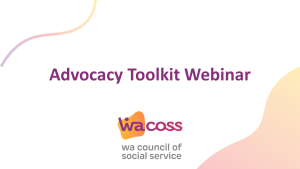Single parent families and people who are currently experiencing unemployment have been hit particularly hard by higher living costs in the past financial year, according to new modelling released today by the Western Australian Council of Social Service.
Louise Giolitto, Chief Executive Officer, said that the modelling showed increases to living costs across the board, including rent, food, utilities and transport.
“Households with two sets of wages were better able to absorb the increase in costs, which hit especially hard for people relying on income support payments like the Newstart Allowance.
“On even the most conservative estimations, it is clearly simply impossible for someone on Newstart to be able to afford the basics in life.
“We found that those households that were sitting below the poverty line were having to spend 72 per cent of their income each fortnight on housing and associated costs.”
Each year WACOSS releases modelling of the living costs and incomes for a range of different household types, including a working family, single parent family, unemployed single, and age pensioners.
This year the model households experienced the first rise in their rental costs since 2014, with significant percentage growth in utility costs and food observed as well. The household types that are assumed to own a car also saw a noticeable increase in their transport costs.
The modelling is accompanied by analysis of aggregated budgets of households who accessed financial counselling services in 2018/19. Financial counselling is a free and independent service to assist people who are experiencing financial difficulty.
“Overwhelmingly, housing is the most significant cost for all. On average 45.5 per cent of financial counselling clients’ expenditure goes to covering housing costs alone,” Louise Giolitto said.
“When households are struggling to just keep a roof over their head or food on the table, of course they aren’t going to be out spending big on Christmas presents.
“Putting more money into the pockets of those on the lowest incomes and wages in our community is fundamental to driving increased activity in the economy. All the evidence shows that increases to the incomes of those with the least are immediately spent on essential goods and services, rather than being squirrelled away and hoarded.
“When people are doing it tough, they need the support of community services. We know though that services are struggling to keep up with demand. The sector needs fairer and more adequate funding to better support both the workers in the industry and the people they dedicate their lives to assisting,” Louise concluded.
Ends.
To download this media release as a PDF, click here.
The Cost of Living report 2019 is available to download as a PDF here.
Media contact: Louise Giolitto, Chief Executive Officer, 0411 534 911



